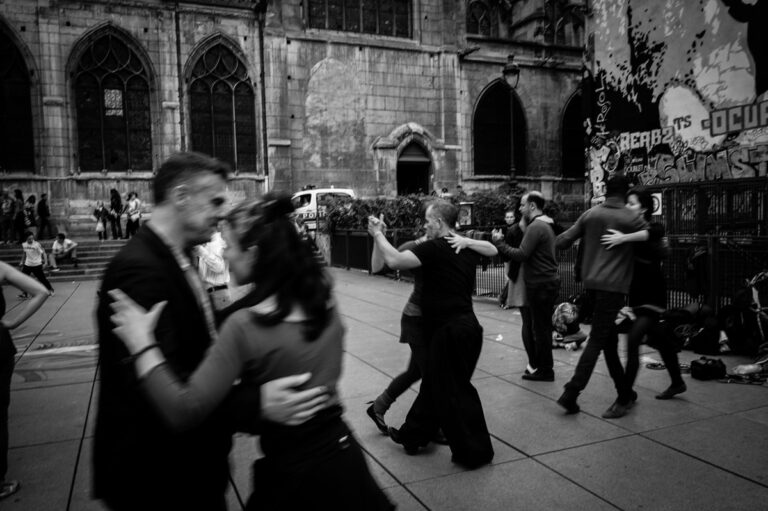New study finds dancing to music can help treat Parkinson’s disease

Everyone likes a good dance, right? Personally, I’m itching to get back to the sticky floors of my local drum and bass nightclub—whenever that may be. Although DnB isn’t to everyone’s taste, I think we can all agree that the tribal act of dancing is good for the soul. It doesn’t just have its physical benefits, despite the fact that I burn basically my entire day’s calories on a night out, it also has its mental benefits too. A number of studies have shown that dance and music can have a significantly positive impact on mental health. And if that wasn’t good news enough, to add to that list, a recent scientific breakthrough has found that both can slow the progress of Parkison’s disease.
What the study found
Parkinson’s disease is a condition in which parts of the brain become progressively damaged over the years. The symptoms can be diverse, however the disease stereotypically causes involuntary shaking of particular parts of the body, slow movement and inflexible muscles. It’s believed to affect one in 500 people in the UK and, as of writing, there is no cure for the disease. That said, there are a number of treatments to support sufferers, from medication to physiotherapy, and now dance.
The new study published in the Brain Sciences academic journal on 7 July 2021, has suggested that individuals with mild-to-moderate Parkinson’s disease can slow its progress by participating in dancing to music. Essentially, research showed that dancing to music for just one and a quarter-hour per week was enough to slow the pace of the debilitating disease. The study also found that, over the course of three years, doing so would reduce daily motor issues such as those related to balance and speech—common symptoms which can lead to social isolation when an individual is suffering from Parkinson’s disease.
The team of scientists behind the study are based in the Department of Psychology at York University in Toronto, Canada. Joseph DeSouza, principal investigator and associate professional in the department, along with PhD candidate Karolina Bearss, found that patients who participated in the weekly dance training showed significant improvement in areas related to speech, tremors and rigidity compared to control groups. Their data also suggests dancing had a positive impact on patients’ quality of life, improving cognitive impairments and decreasing the rates of hallucinations. Not surprisingly, dancing also had a positive impact on their mental health—participants reported lower rates of depression and anxious moods such as sadness.
DeSouza remarked on the positive benefits this study can bring to those suffering from Parkinson’s disease. In an interview with EurekAlert!, he said that “the experience of performing and being in a studio environment with dance instructors appears to provide benefits for these individuals.” He continued, “Generally, what we know is that dance activates brain areas in those without PD. For those with Parkinson’s disease, even when it’s mild, motor impairment can impact their daily functioning—how they feel about themselves.”
“Many of these motor symptoms lead to isolation because once they get extreme, these people don’t want to go out. These motor symptoms lead to further psychological issues, depression, social isolation, and eventually, the symptoms worsen over time. Our study shows that training with dance and music can slow this down and improve their daily living and daily function.”
What does this mean for people diagnosed with Parkinson’s?
This obviously isn’t the only solution in combating Parkinson’s disease. However, it hints at how powerful music and dance can be in helping ease symptoms—both mentally and physically. Of course, as always with science, more research could and needs to be done—but to do so, it needs funding. One way of looking at this is that it highlights the importance of the therapeutic value of things that are actually fairly simple.
Music and dance are innate, it’s in our blood and, most importantly, free of charge. The simplicity is where its power lies. Indeed, music and dance would arguably need to be combined with other, more biological, forms of therapy—however, it highlights the importance to not overlook the arts as a form of therapy. Overall, this scientific breakthrough is not something to be downplayed; it’s a step in the right direction in helping us understand and ultimately combat this disease.





